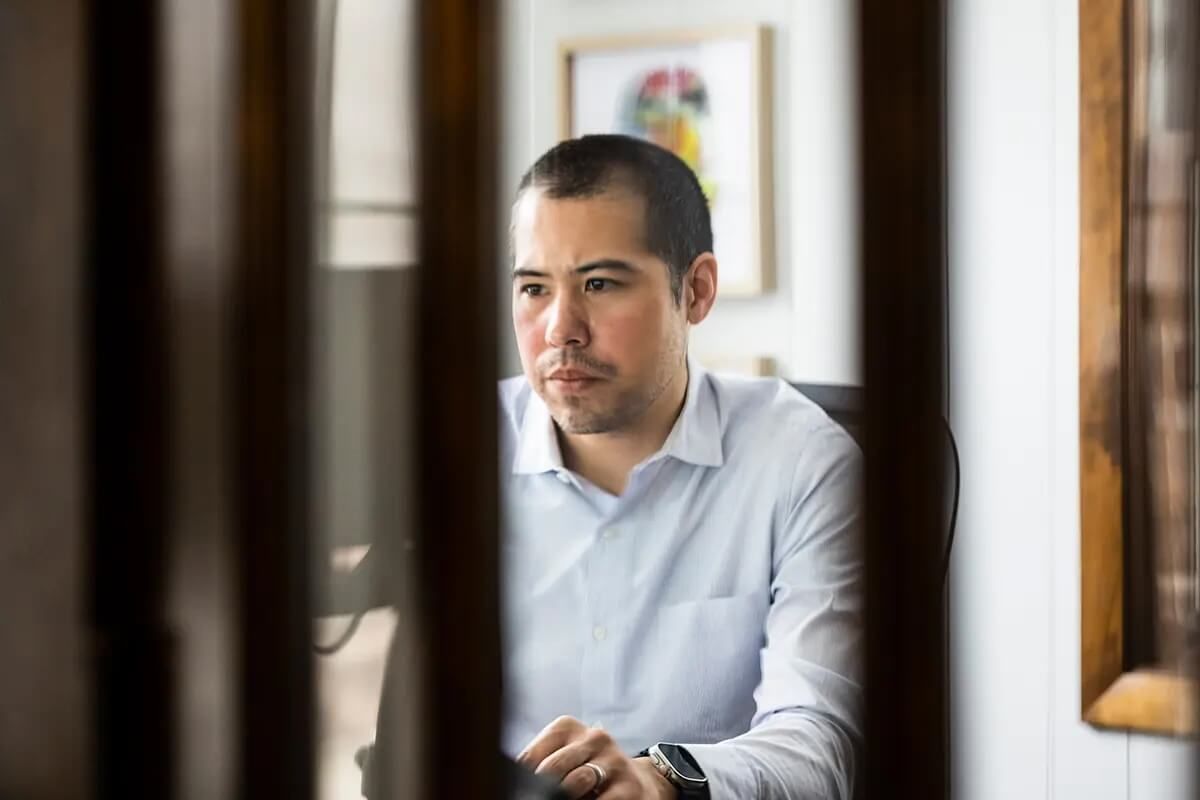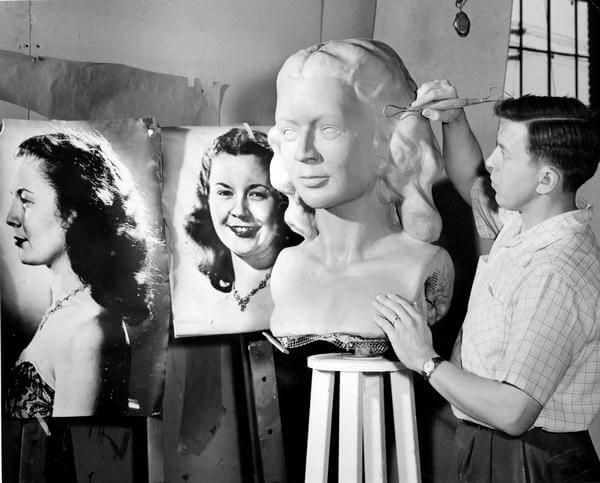Triple Badger Amy Kind ’96, MD’01, PhD’11 is using her extensive background in medicine, gerontology, and population health sciences to eliminate health disparities in Wisconsin and beyond. As the inaugural associate dean for social health sciences and programs at the University of Wisconsin School of Medicine and Public Health, Kind oversees research programs and develops policies that aim to improve health outcomes across various populations. She is the executive director of the Wisconsin Partnership Program — a $400 million grant-making endowment — as well as the director of the UW Center for Health Disparities Research, a professor of medicine, and a board-certified geriatrician.
As a care research core leader at the Wisconsin Alzheimer’s Disease Research Center, Kind focuses on how the social exposome — an individual’s collective, social health determinants — might increase a person’s risk of developing Alzheimer’s or related forms of dementia. By determining these outside influences and how they interact with a person’s biology, Kind hopes to pinpoint the behaviors and factors that lessen risk, provide opportunities for novel therapies, and promote public policies that will encourage healthier outcomes for more vulnerable populations.
Chief Area of Research:
I am an international expert in the field of disparities-focused exposome science, with particular focus on the social exposome, social determinants of health, and Alzheimer’s disease. I lead the team that developed the Neighborhood Atlas, a free data-democratization tool that quantifies the social exposome for every neighborhood in the U.S., including Puerto Rico. My research has launched congressional initiatives on exposome study, is heralded as a model for open data by the NIH, and provides the foundation for Medicare’s equity-benchmark payment and quality models. I have earned multiple honors, including the NIH/NIA Beeson Award, the American Geriatrics Society Award for Outstanding Scientific Achievement for Clinical Investigation, election as a member of the American Society of Clinical Investigation, and membership on a White House task force on aging and technology. My work has been published in top journals, including the New England Journal of Medicine and the Journal of the American Medical Association. I currently lead a research funding portfolio of over $35 million in active NIH grants and am routinely asked to advise state, federal, and international entities. One of my recent NIH grants is a 24-site national consortium (The Neighborhoods Study) that will provide a novel window into the mechanisms underlying social exposome linkage to Alzheimer’s disease neurobiology.
On The UW Now Livestream, I'll Discuss:
Where one lives matters greatly in terms of future health. Neighborhoods and their characteristics, both good and bad, make up a part of the exposome — the variety of exposures that interact with one’s biology to influence health and disease risk — including Alzheimer’s disease and related dementias (ADRD). This next-generation precision medicine construct holds the potential for unlocking new pathways toward novel interventions, therapies, and policies that may lessen ADRD risk.
The UW is leading the way in this area, providing landmark scientific infrastructure and measures to assess social exposome risk across the U.S. The Neighborhood Atlas, an extremely innovative data democratization tool invented, constructed, maintained, and updated at the UW, holds gold-standard exposome metrics for every neighborhood in the U.S. The Neighborhood Atlas is used as a foundational social exposome tool by federal, state, and local policymakers, industry leaders, researchers, health systems, and community groups across the U.S. to efficiently target resources and assess risk.
The One Thing I Want Viewers to Remember Is:
Where one has lived across a lifetime is strongly linked to that person’s brain health. The UW has cutting-edge infrastructure in this area of social exposome research and is leading the way to unlock the potential of this area toward better interventions, therapies, and policies to lessen Alzheimer’s disease risk.
To Get Smart Fast, Check Out:
The Neighborhood Atlas, as mentioned in my description above.






